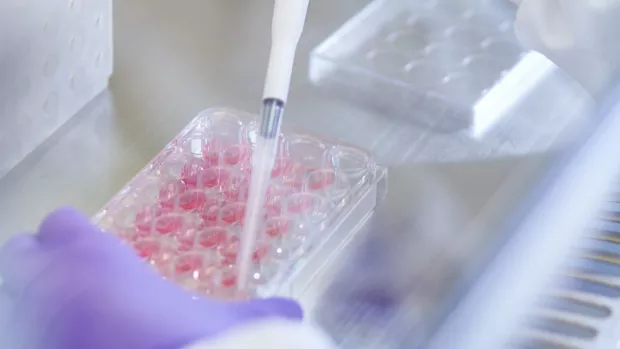Does early treatment with fingolimod or natalizumab improve the prognosis for people with multiple sclerosis?

- Lead researcher:
- Tomas Kalincik
- Based at:
- Neuroscience Foundation, Royal Melbourne Hospital
- MS Society funding:
- £72,338
- Status:
- Complete
About the project
We have over a dozen disease modifying therapies (DMTs) available for relapsing MS and each has its own risks and benefits. The more aggressive treatments, like Tysabri and Lemtrada are generally more effective than other therapies - but they are also more expensive and can have more dangerous side effects.
There is an ongoing debate about how aggressively we should treat MS. Some neurologists believe that treating early with the most aggressive DMT is the best way, whereas other believe that aggressive therapies should only be used after the less effective (and safer) DMTs have failed. Our researchers aim to determine the long-term benefits of taking an aggressive DMT early using data from a global database called MSBase.
How will it help people with MS?
This research could influence clinical practice and access to aggressive DMTs globally, enabling people with MS make more informed decisions about their treatment following diagnosis.
The difference you can make
The sooner someone has access to a DMT following diagnosis, the more effective it can be long term for their condition. Help us find the most effective treatment timeline by donating today and supporting research projects like this.




